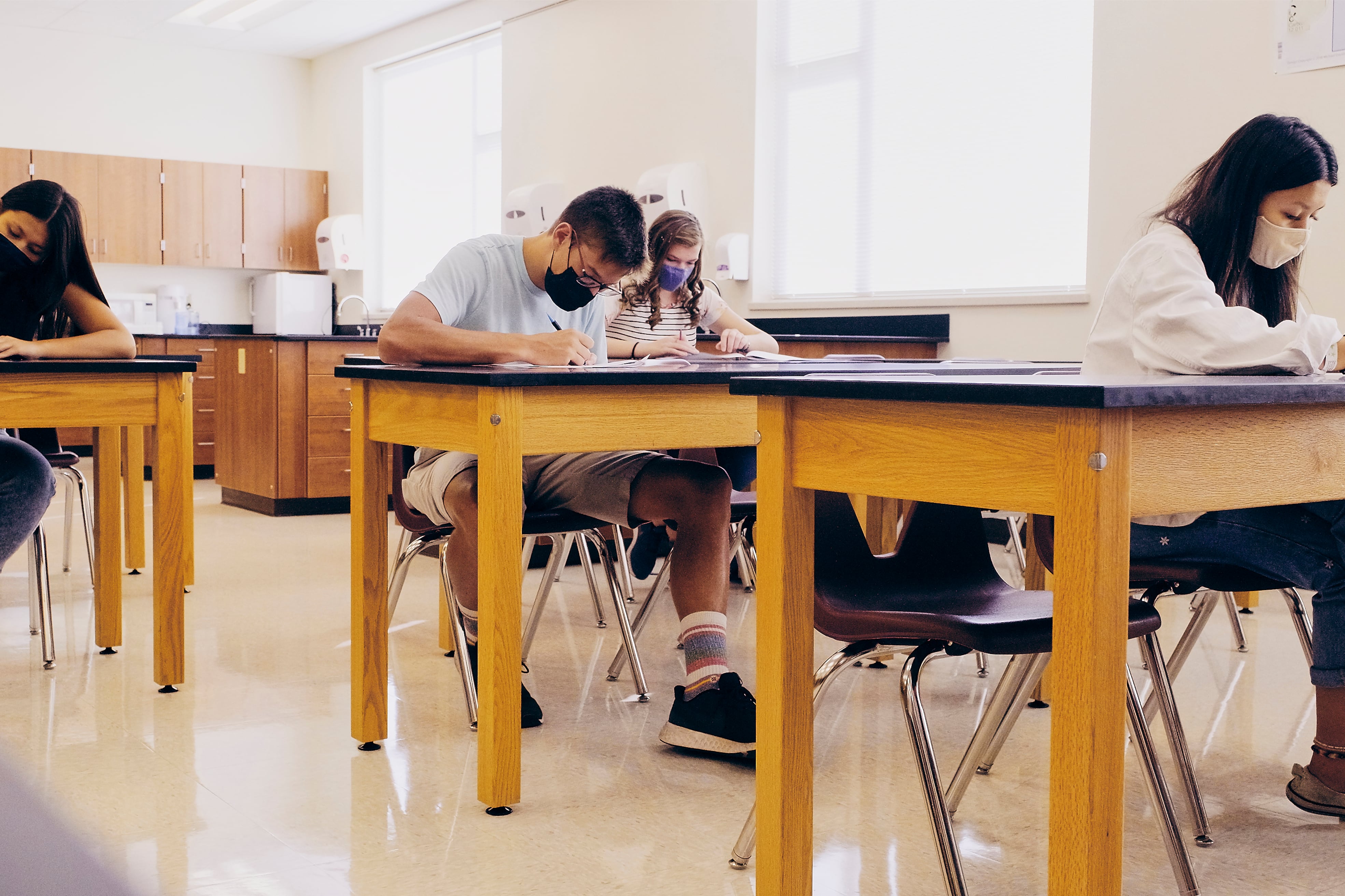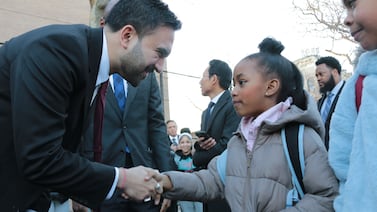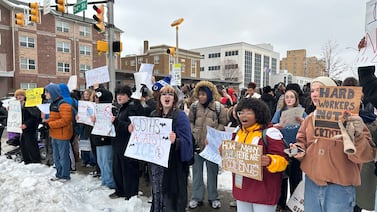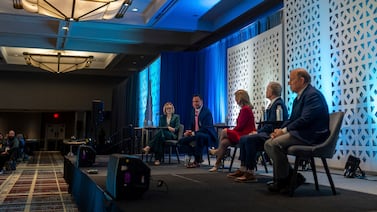Sign up for Chalkbeat New York’s free daily newsletter to keep up with NYC’s public schools.
New York City schools will no longer require a five-day quarantine for those who test positive for COVID, according to new guidance issued to principals and posted online Monday.
Educators across the five boroughs have been eagerly awaiting an update for more than two weeks, after the Centers for Disease Control and Prevention ended its pandemic-era guidance that urged individuals who tested positive for COVID to isolate for at least five days.
Since March 1, the federal agency has instructed people to remain at home until their symptoms improve and they have not had a fever for at least 24 hours without the use of fever-reducing medication. The CDC still advises people to take precautions over the following five days, including wearing a mask, social distancing, and testing.
Education Department policy directs those experiencing COVID symptoms to isolate themselves from others and get tested. Like the CDC, the city now recommends students and staff stay home until symptoms have improved and they’re fever free for 24 hours without the aid of medication. The department also urges students and staff to wear a mask and take other precautions for five days after returning to school.
For those who test positive for the virus but exhibit no symptoms, “there is no need to stay home, but precautions outlined in the updated guidelines should be taken upon return to school,” according to the email sent to principals.
The new policy for schools also matches the city’s Health Department guidelines.
The elimination of a minimum isolation period is the latest in a series of changes that have loosened COVID-related restrictions in schools — as federal and city health authorities have moved to treat the virus more like the flu and other common respiratory infections. Last spring, Mayor Eric Adams announced that proof of vaccination against the virus would no longer be required for city employees and school visitors. And schools previously sunsetted masking requirements, vaccine mandates for student athletes and prom attendees, as well as daily health screenings and in-school COVID testing for students and staff.
The city’s public schools will continue to provide COVID tests in school upon request, according to the email sent to principals. (As of this month, the federal government has ended its free COVID test distribution program, and the city’s public libraries are no longer distributing free tests.)
Schools staff will still be able to take up to 10 days off for COVID-related absences without dipping into their sick days this year, according to the United Federation of Teachers, which emailed members about the updated guidance Monday evening.
COVID cases have fallen steadily since mid-January, after the city saw an uptick in cases over the holidays. As of March 14, there were about 22 cases per 100,000 people, according to New York City’s daily average of the last seven days from the Health Department. That was down slightly from the week before and had fallen from roughly 87 cases per 100,000 people in September.
Though the city’s Health Department tracks cases by age group, the spread of the virus is no longer publicly reported by school. In September, the city’s Education Department scrapped a map tracking the daily number of cases among students and staffers across schools.
The city’s Education and Health departments did not respond to multiple requests for the city’s COVID guidance for schools in recent weeks.
Michael Elsen-Rooney contributed.
Julian Shen-Berro is a reporter covering New York City. Contact him at jshen-berro@chalkbeat.org.






